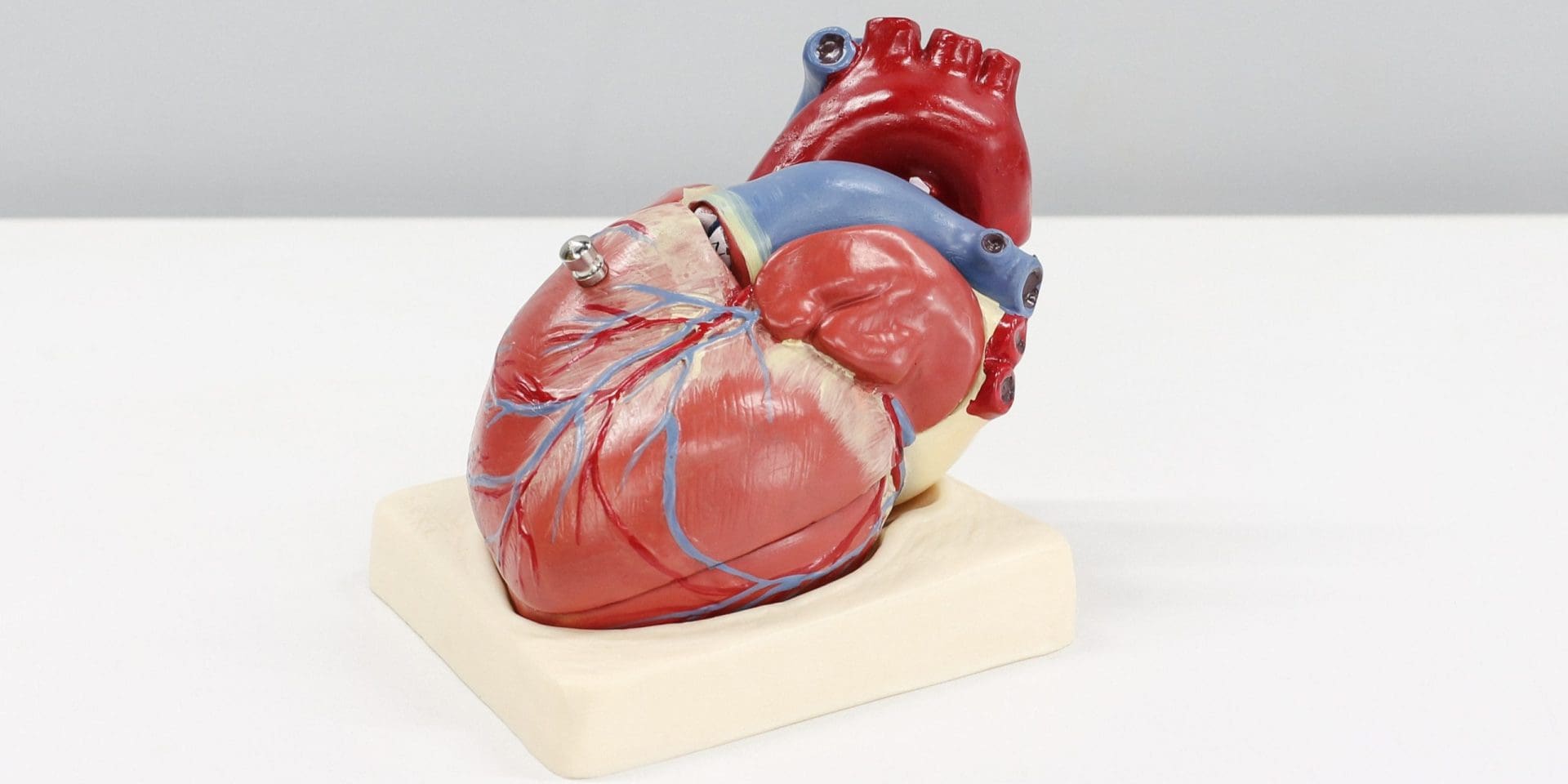Q:
“Ok the Bible says God hardened Pharaohs heart , why did he do that if he wanted Israelites freed? I don’t get it , // thanks for sending me all the answers to my questions I can’t wait to read them I haven’t had time yet.”
Linda D.
Hey Linda, okay so the quick answer is directly in the text: God hardened Pharaoh heart so that he could show his divine power over the most powerful nation in the world, most of whom believed Pharaoh was a god on earth (Exodus 10:1). By doing so, God would bring Israel out of Egypt and His divine power over all gods and authorities would be manifest and, subsequently, spoken of throughout the world (Joshua 2:8-11). We also see a similar instance elsewhere in the text with King Sihon of Heshbon, “for the Lord your God hardened his spirit and made his heart obstinate, that he might give him into your hand, as he is this day” (Deuteronomy 2:30). Some people think this is unfair because God forced his hand against his will and then judged him for it. This is not necessarily so. Apart from Paul explicitly addressing this when he says that “God has mercy on whom he wants to have mercy, and he hardens whom he wants to harden.” (Romans 9:18); specifically, for His glory, which is for our benefit, we should not forget that Pharoah had his whole life to repent, during each plague, and never did. That said, I don’t think this a strike against freewill at all. There are a couple ways to consider this passage, and not in the traditional way we may have been taught.
(1) When God first said in the future tense, “I will harden his [Pharaoh’s] heart” in Exodus 4:21 and 7:3 as well as in the past tense “Go to Pharaoh, for I have hardened his heart and the hearts of his officials so that I may perform these signs of mine among them” (Ex.10:1), it was spoken as a prophecy rather than God bypassing Pharaoh’s freewill or forcing him to harden his heart against his will. If you read the Exodus account closely, Pharaoh hardens his own heart ten times, equal to the number of plagues (Exodus 7:13-14; 7:22; 8:15,19; 8:32; 9:7,12; 9:34-35; 10:20; 10:27; 11:10; 14:4,8), and even his officials and servants do so, as well (Ex. 9:34, 10:1). God did not necessarily strongarm his freewill. In other words, Pharaoh hardened his own heart as a reaction to God’s power and will, it was not against his will but from his will. According to Egyptian records, Pharaoh thought he was a god, or at least instilled with the power of the gods, and that it was in his power to make the sun rise and set every day. The moral point, here, is that we harden our hearts toward God because He is God of gods, Lord above all. This binds back the Babel story of human pride against God in Genesis 11.
(2) To “harden your heart”, as used by the prophets, means to make yourself unchangeable, the arbiter of morality and justice, right and wrong, good and evil–––the judge above all (2 Chronicles 36:13; Proverbs 28:14; Isaiah 63:17; Ezekiel 3:7-8; Daniel 5:20; Mark 6:52, 8:17; John 12:40; Etc.). In contrast to a “heart of flesh” (Ezekiel 11:19, 36:26), which points back to the original heart created by God. Think clay being molded, and how we were formed out of the ground in Genesis 1-2. It is not necessarily a freewill discussion. Because you can harden your own heart, hence the warnings not to do so (Psalm 95:8; Hebrews 3:8, 4:7). People’s hearts become hardened “by sin’s deceitfulness” (Hebrews 3:13), not by God directly. This implies that God is protecting us from our own sin on a regular basis, not leading us into it. Yet, if you willingly indulge in sin without remorse/regret, with no hint of a repentant heart, your heart, then, will become darker and harder over time (Ephesians 4:18-19).
(3) In relation to Exodus, to “harden your heart” in ancient Egyptian context – which is the culture Moses was writing in – was an aphorism for making Pharaoh’s physical heart hard like stone in preparation for the afterlife. From what I understand, by hardening his heart at death, it meant that his immediate moral status at death was set in stone, so to speak, and would not be changed at all so that it can be properly weighed on the scales of justice in the afterlife. A pharaoh’s heart was hardened, then, because it was seen as good and without blemish. That is to say: Pharoah is the judge of good and evil. But that right is reserved for God alone, according to Scripture. Since Moses was the author of Exodus, he could be using Egyptian language as a tongue-and-cheek euphemism against Pharoah, since God was going to “harden his heart” by judging him and his gods, preparing him for his true judgment in the afterlife.
My wife, Corie, addresses this exact issue and presents this alternative explanation on the Weekly Recap. She argues that hardening Pharaoh’s heart has nothing to do with freewill at all, and that would be to strip the immediate context out of the Bible since that was not a discussion at the time of writing Exodus. At around 17:48 marker, we begin the “Hardened Heart” discussion. We also address this question on the Weekend Show. Hope you enjoy it!
Oh, and keep in mind that these interpretations are not mutually exclusive but can be applied in tandem. It helps illustrate the variety and depth that the aphorism can be used.
God Bless, Linda! Thanks for writing in!

Matlock Bobechko is the Chief Operating/Creative Officer of Bible Discovery. He is an eclectic Christian thinker and writer, award-winning screenwriter and short filmmaker. He writes a blog on theology, apologetics, and philosophy called Meet Me at the Oak. He is also an Elder at his local church.






